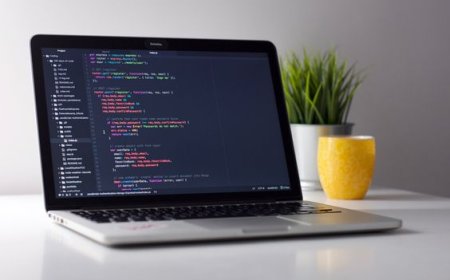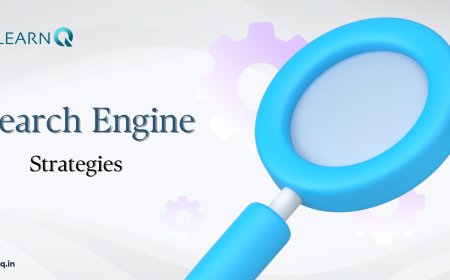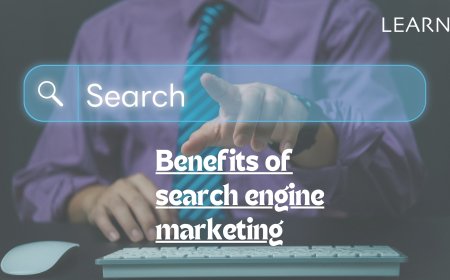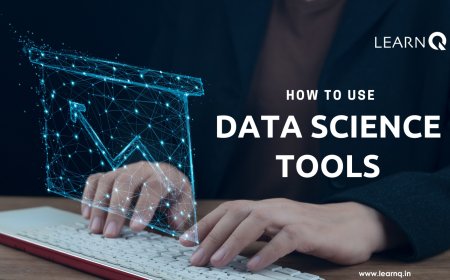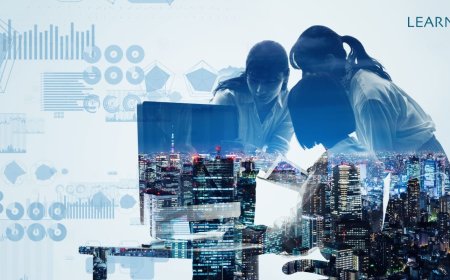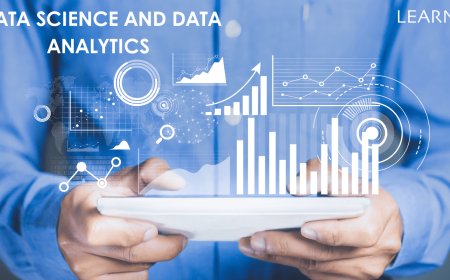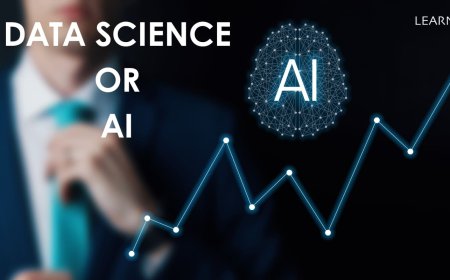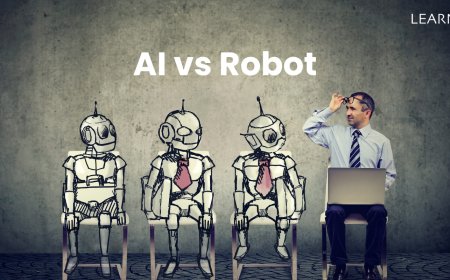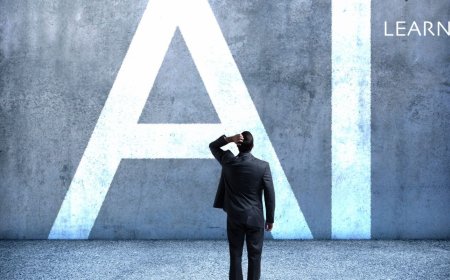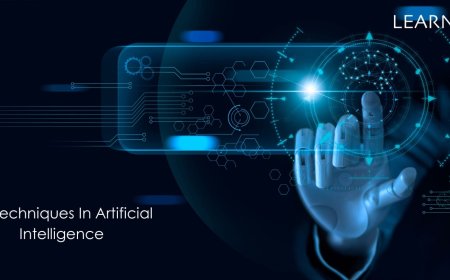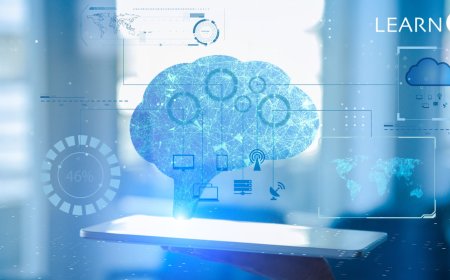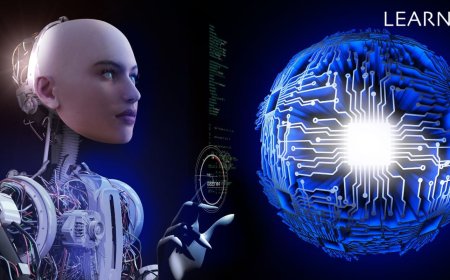Artificial Intelligence (AI) is becoming more and more important. It's changing how we live, work, and do things every day. AI is like having a really smart computer that can learn and make decisions on its own. It's being used in lots of different areas like healthcare, finance, transportation, and entertainment. But there's a big issue we need to think about: making sure AI is used responsibly. Responsible AI means making sure that the smart algorithms and programs we create are fair, transparent, and don't do harm. It's not just about making them work well; it's also about making sure they're used in the right way.
Data Science is a big part of AI. It's all about using lots of information to teach computers how to learn and make decisions. We have so much data available today, which is great for making AI better and faster. But we also need to be careful. We must ensure we're using all this data fairly and ethically. We don't want AI to learn bad things or make decisions that hurt people. Right now, we're facing both challenges and opportunities with AI. It can help us in so many ways, but it also brings up some big questions about fairness and ethics. To deal with these issues, we need to work together. Technologists, policymakers, and everyone else need to come together to make sure AI is used responsibly. By doing this, we can make sure AI helps everyone and makes the world a better place.
Challenges of Doing the Right Thing with AI
Artificial intelligence (AI), being fair and open about how AI works is important. But it's not always easy. Let's look at some big problems:
1. Hard Choices in Making AI:
-
Juggling different needs: People who make AI must think about many things, like making money and treating everyone fairly. Sometimes, it's tough to balance these.
-
Unexpected problems: Even when we try hard, AI can end up maltreating some people or causing harm. We need to spot these problems and fix them.
2. Keeping AI Transparent:
-
Mysterious algorithms: Some AI works like a secret box. We can't see inside, so it's hard to know why it does what it does. This makes it hard to trust, especially in important areas like healthcare or courts.
-
Choosing between clearness and accuracy: Sometimes, AI can be good at its job but hard to understand. It's a trade-off: do we want it to be clear or do we want it to be good at what it does?
3. Dealing with Laws and Rules:
-
Laws are changing: Governments are trying to figure out how to control AI to make sure it's used fairly. But AI is changing fast, so it's hard for rules to keep up.
-
Following rules and being responsible: It takes a lot of work and know-how to follow the rules and make sure AI is fair. And if something goes wrong, it's tough to say who's responsible.
4. Effects on Society and Culture:
-
Bias in AI: Sometimes, AI learns from old data that's not fair to everyone. This can make unfair things even worse. We need to think about different cultures and what's fair in society.
-
Trust and use AI: If people don't trust AI, they won't use it. So it's important to be open about how AI works and to use it in fairways.
To handle these tough problems, we need to work together. People who know about technology, ethics, laws, and society all need to talk and find solutions. By working together, we can make AI that helps everyone and follows the rules.
What are the important things to think about when dealing with the responsibility of AI?
When it comes to the ethics of artificial intelligence (AI), there are several important things to keep in mind. First, we need to make sure that AI systems are transparent, meaning we understand how they work and can hold them accountable for their decisions. Second, we must focus on fairness and making sure AI doesn't unfairly favor or disadvantage certain groups of people. It's also crucial to protect people's privacy and use their personal information responsibly. Another big concern is how AI might affect jobs and the economy, so we need plans to help people learn new skills and adapt. In healthcare, we need to be careful about things like patient privacy and making sure AI diagnoses aren't biased. Lastly, countries and companies need to work together on ethical guidelines for AI, so it's used in a way that helps society and doesn't cause harm. By thinking about these things, we can make sure AI is used fairly and responsibly.
How to Use Responsible AI Tips for Being Fair and Honest
Important to use AI fairly and honestly. Here are some easy tips to help you do that:
1. Set Clear Rules: Make clear rules that say how AI should be used. These rules should be fair and follow what people expect.
2. Have a Diverse Team: Make sure different kinds of people work on AI. This helps catch any unfairness and makes sure AI works well for everyone.
3. Use Good Data: Only use good data for AI. Check for any unfairness in the data and fix it.
4. Explain What AI Does: Make sure people understand how AI works and why it makes the choices it does.
5. Keep People's Information Safe: Make sure to ask people if you can use their information for AI. Keep it safe so no one else can see it.
6. Check How AI Works: Keep an eye on how AI works to make sure it's still fair. Fix any problems that come up.
7. Let People Decide: Sometimes, people should have the final say, not AI. Especially when it's really important.
8. Talk to People: Ask people what they think about how AI is used. Work with others to make sure AI is used in a good way.
9. Teach People About AI: Make sure everyone knows what AI is and how to use it fairly.
10. Follow the Rules: Know the rules about using AI and follow them. Also, tell others about the rules so they can follow them too.
Responsible AI means using artificial intelligence in ways that are fair, honest, and fair for everyone. It's important to think about how AI affects society and to make sure it's fair, clear, and accountable every step of the way. We need to focus on things like making sure AI treats everyone equally, being open about how it works, taking responsibility for any mistakes, protecting people's privacy, and making sure everyone is included. Choosing to use Responsible AI isn't just a good idea, it's the right thing to do. It's about making sure AI helps people and follows important rules and values. As AI keeps getting better, governments, businesses, institutes, and groups in society need to work together. We need to make sure there are clear rules and guidelines for using AI responsibly. Only by working together and sticking to these important rules can we make sure AI helps everyone and makes the world a better place.



